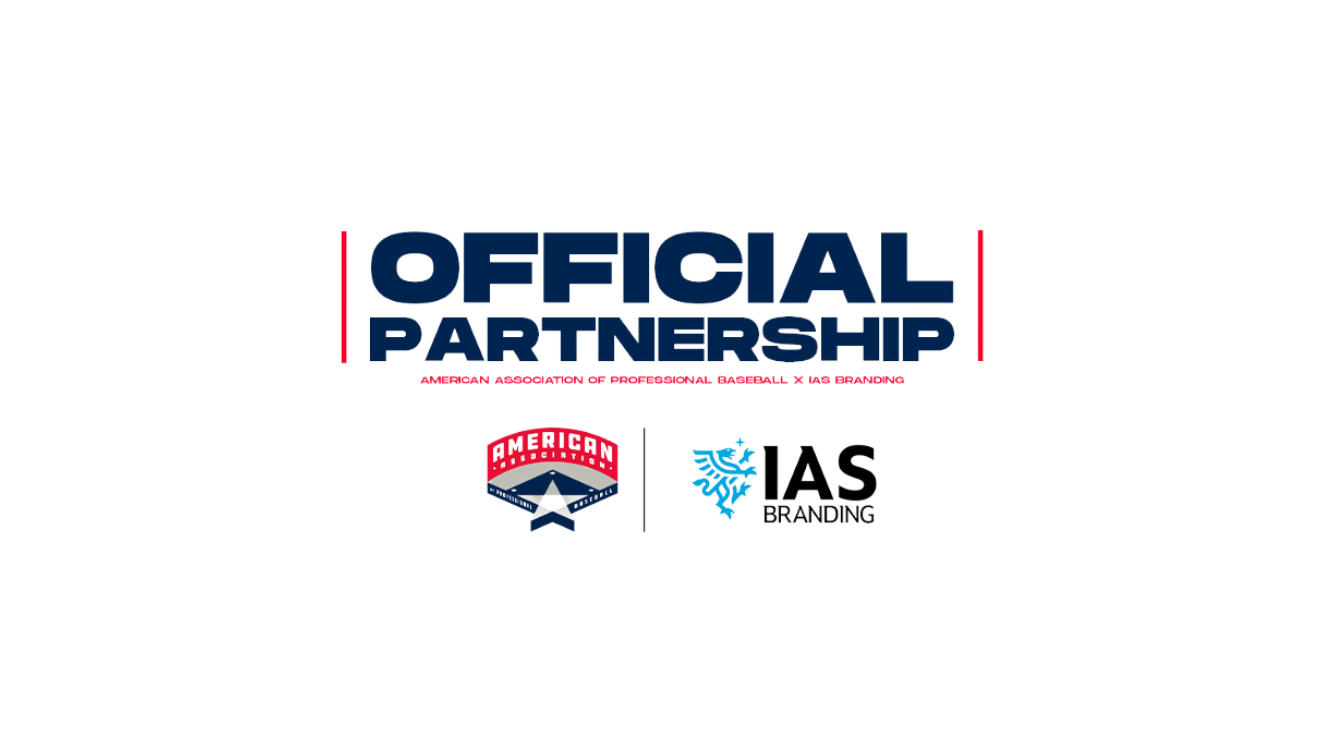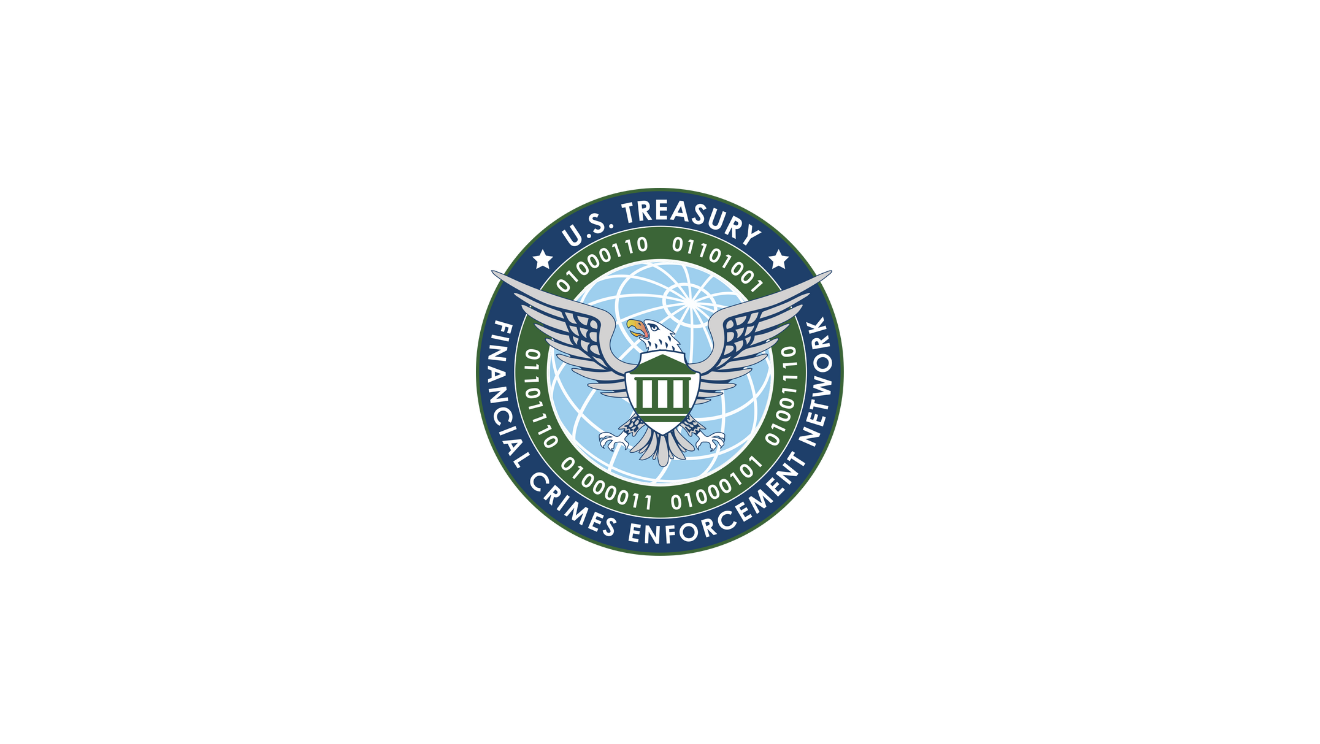INDIANAPOLIS, INDIANA (February 2, 2021) – After evaluating experiences of schools participating in high school sports during the COVID-19 pandemic, the National Federation of State High School Associations (NFHS) Sports Medicine Advisory Committee (SMAC) has revised its May 2020 guidance document with a new “Statement on Risk of COVID-19 During High School Sports.”
Highlighting the revised guidance is the elimination of the tiered “Potential Infection Risk by Sport” that placed sports in high-, medium- and low-risk categories. Instead, the SMAC suggests state associations and other stakeholders consider five factors in assessing potential for COVID-19 transmission in high school sports.
Two of those factors are that prevailing community infection rates appear to be the strongest predictor for high school athletes being infected and proven cases of direct COVID-19 transmission during athletics remain relatively rare.
The other recommended factors to consider are participants in non-contact sports show lower rates of COVID-19 infection than those in contact sports, participants in outdoor sports show lower rates of infection than those in indoor sports, and using face masks for indoor sports results in similar COVID-19 transmission rates to those seen in outdoor sports.
Regarding the discontinuation of the high-, moderate- and low-risk categories, the committee noted that as “knowledge of the virus that causes COVID-19 has evolved, we have increasingly recognized that transmission depends upon multiple factors that cannot be easily accounted for by simply dividing sports into three distinct categories of risk.”
In addition to the shared experiences of many states participating in high school athletics, the SMAC used current Centers for Disease Control and Prevention (CDC) recommendations, as well as published and unpublished data in adopting the five factors instead of the tiered infection risk by sport as the best current guidance for participating in high school sports during the pandemic.
“We applaud the great work of the NFHS Sports Medicine Advisory Committee throughout the past year to provide state associations and high schools with well-considered information during the pandemic,” said Dr. Karissa Niehoff, NFHS executive director. “We appreciate the committee’s most recent attempts to reassess how student-athletes can participate in sports moving forward. While we have to be concerned about transmission of the virus first and foremost, we also must consider the mental health of students who have been unable to play sports thus far this year.”
The final factor for consideration moving forward is based on accumulating evidence that the majority of sports-related spread of COVID-19 appears to occur from social contact, not during sports participation.
The committee noted that preventing spread of the virus from social contact remains paramount to the continuation of sports during the pandemic. As a result, social distancing, use of masks, staying home when ill and proper hygiene must continue to be emphasized in the locker room, on the field and court, while traveling and interacting in the community.
In addition to the five factors to consider in assessing the potential for COVID-19 spread in high school athletics, the SMAC listed three other resources for consideration, including materials from the CDC, the American Medical Society for Sports Medicine (AMSSM) and the American Academy of Pediatrics (AAP).
The NFHS Sports Medicine Advisory Committee, a 15-member advisory committee, is composed of medical doctors, certified athletic trainers, high school coaches and officials, research specialists and state high school association executives that regularly develops position statements related to medical aspects of conducting high school athletics.
“If the medical profession has learned anything in the past year, it is that we have to be open to regularly assessing all available evidence and make appropriate changes in policies and procedures in places of business, schools and athletics,” said Dr. Michael Koester, chair of the NFHS Sports Medicine Advisory Committee who practices pediatric and adult sports medicine at the Slocum Center in Eugene, Oregon.





 Back
to News
Back
to News